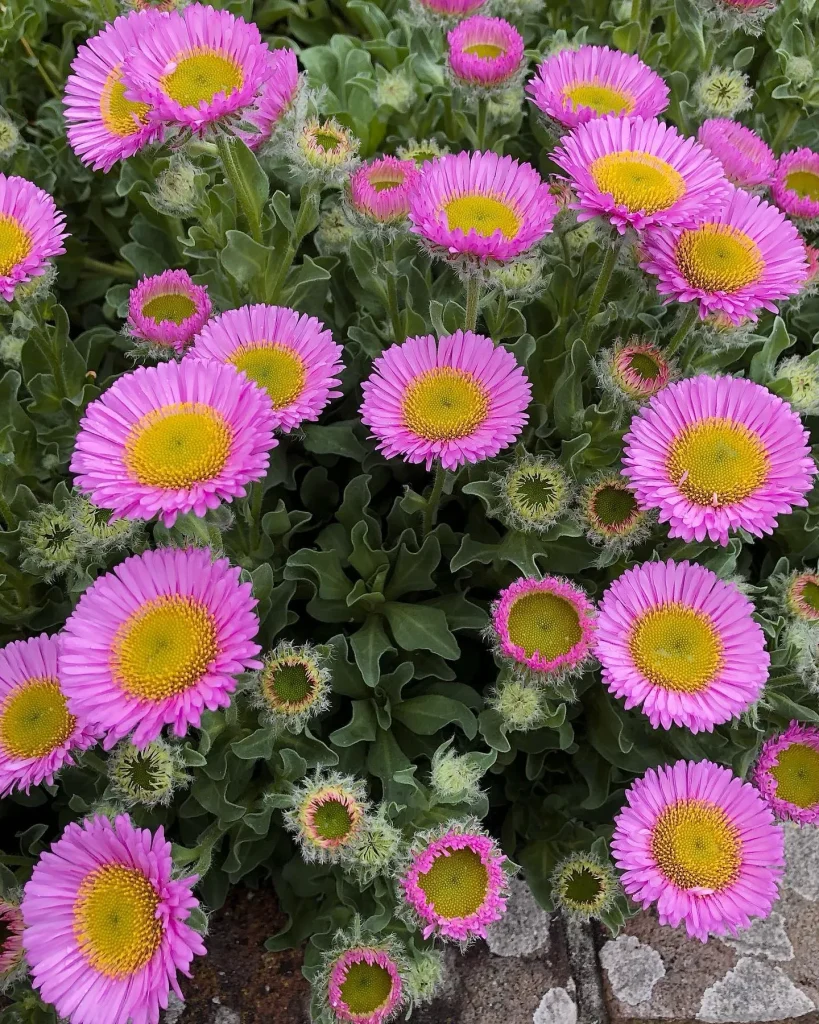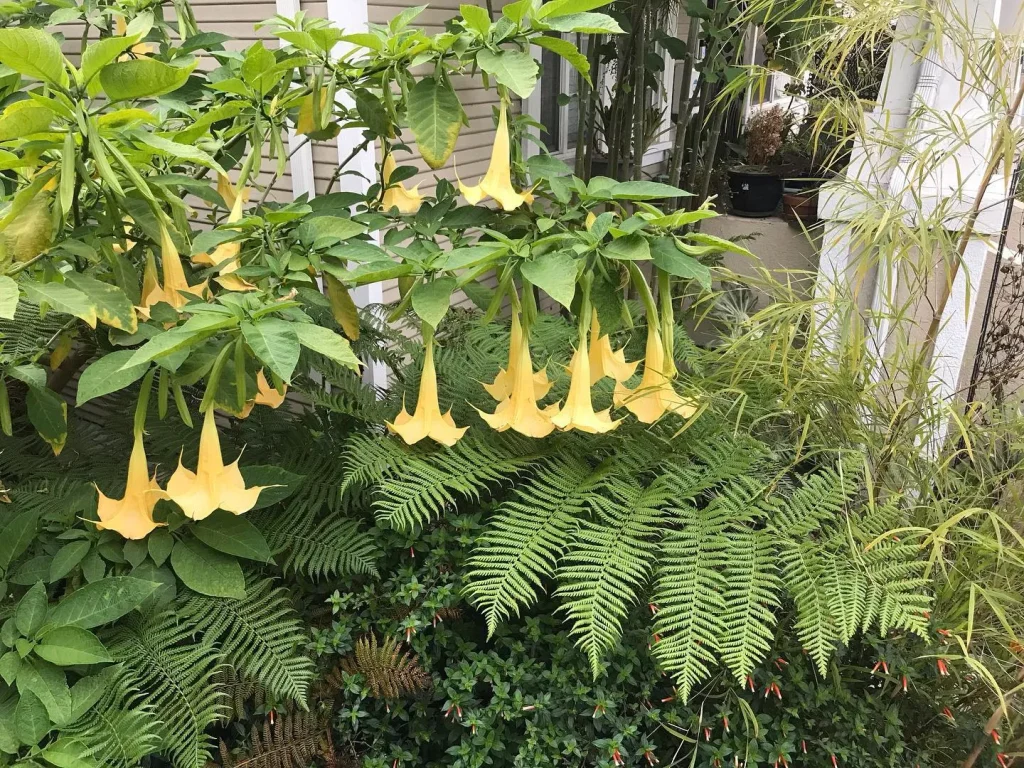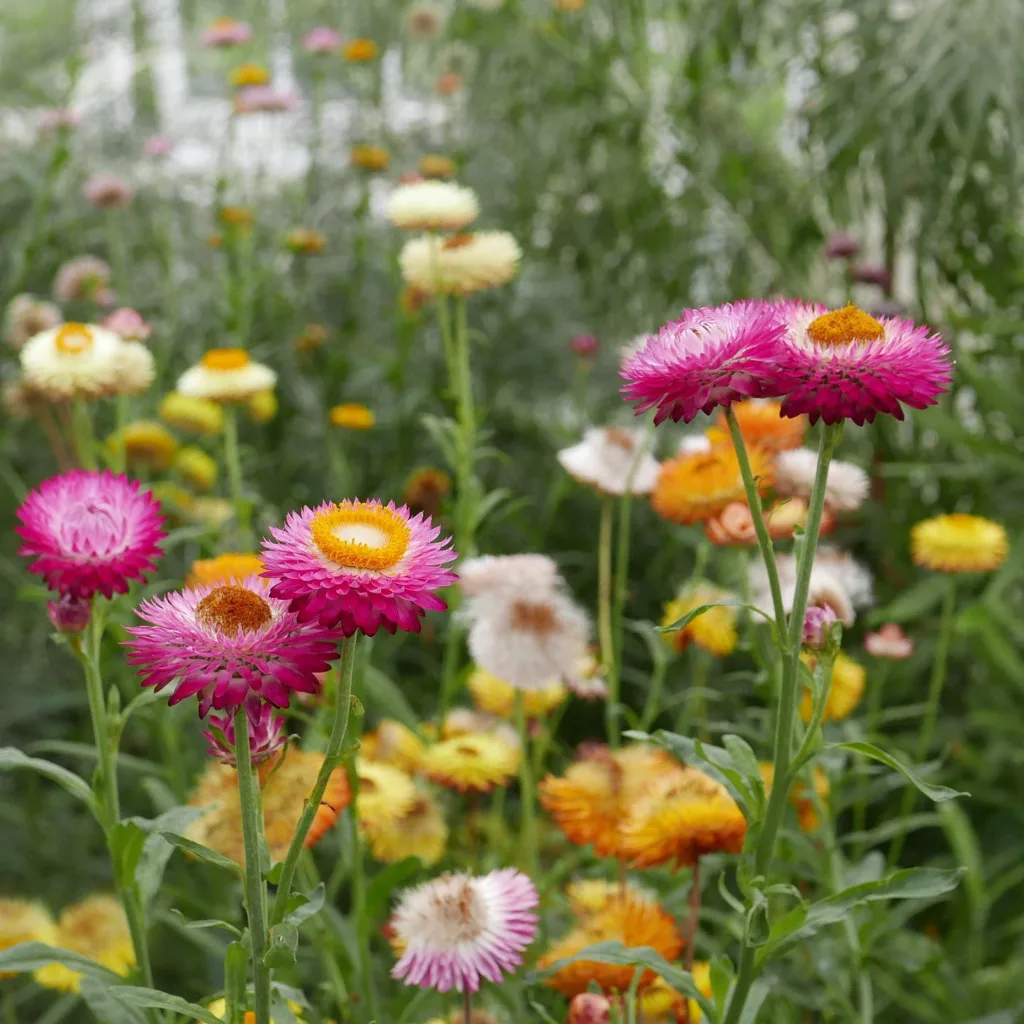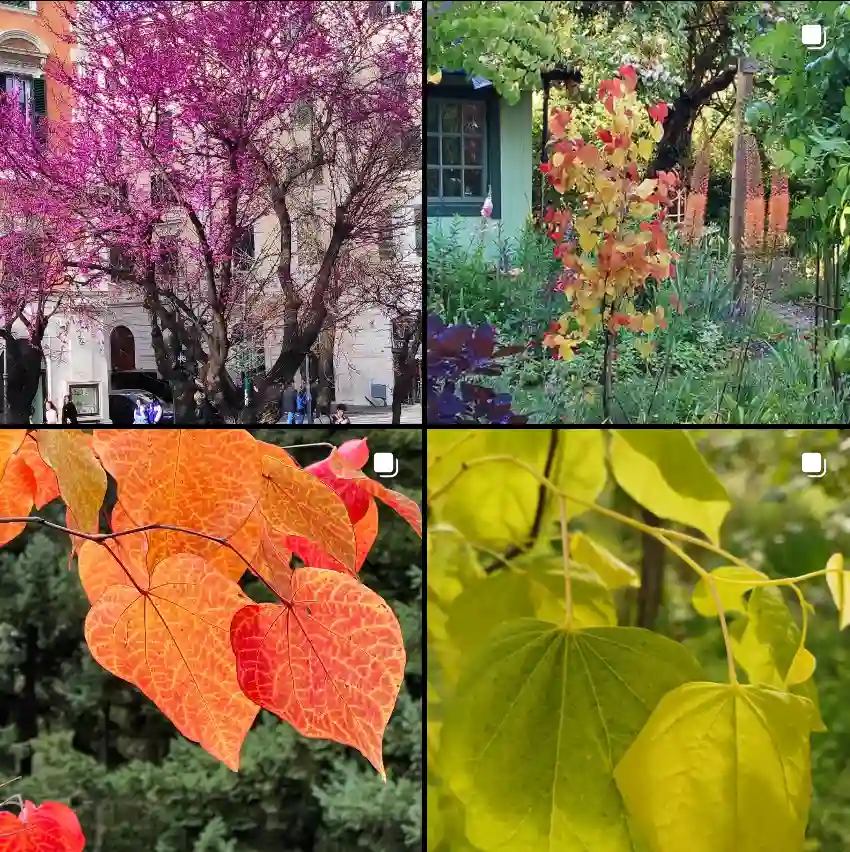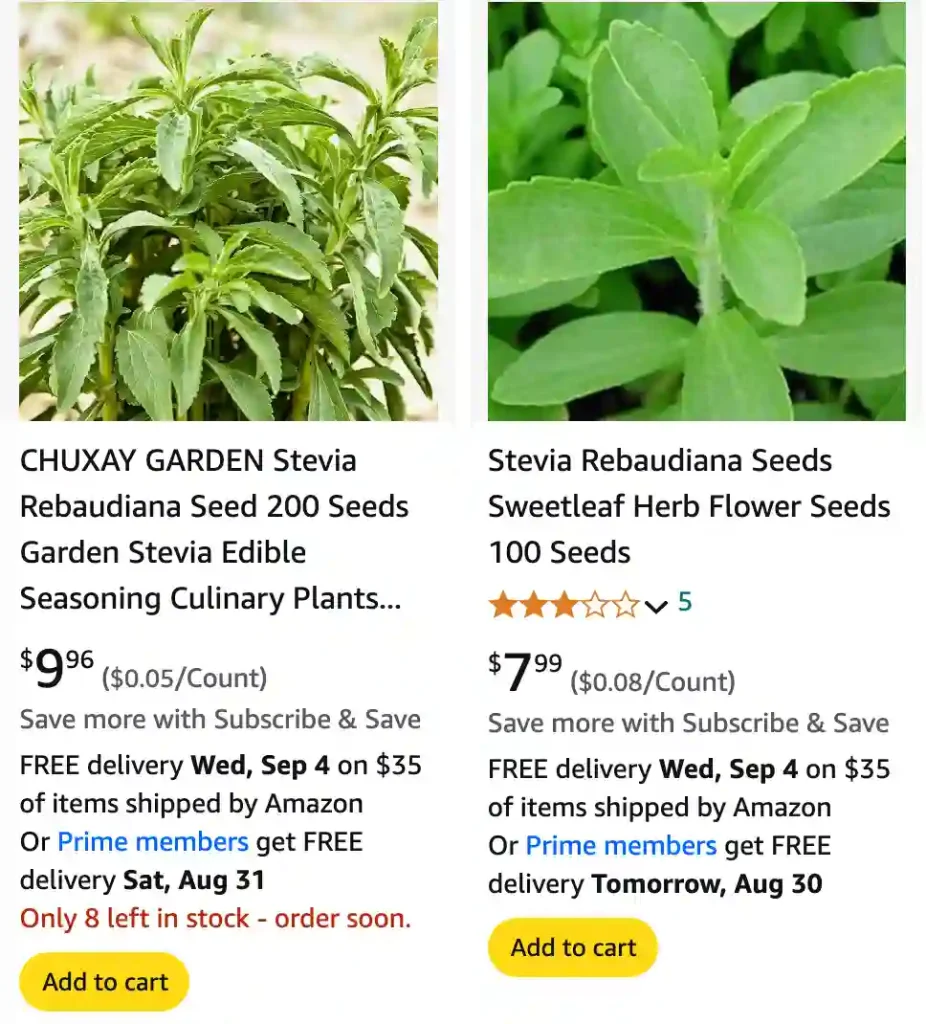
FAQs About Stevia Rebaudiana
If you’re curious about Stevia Rebaudiana, you’re not alone. This plant has gained a lot of attention as a natural sweetener, and many people are eager to learn more about its benefits, cultivation, and safety. Here, I’ll cover some frequently asked questions about Stevia Rebaudiana, based on my own experiences and research.
269 Species in Genus Stevia
What is Stevia Rebaudiana?
Stevia Rebaudiana is a plant native to Paraguay and Brazil, known for its sweet leaves. The plant is often used as a natural sweetener in various foods and beverages. Unlike sugar, Stevia Rebaudiana has little to no calories, making it a popular choice for those looking to reduce their sugar intake.
What is Stevia Rebaudiana Leaf Extract?
Stevia Rebaudiana leaf extract is derived from the leaves of the Stevia plant. It contains compounds called steviol glycosides, which are responsible for the plant’s sweet taste. This extract is commonly used as a sugar substitute in products ranging from beverages to baked goods. The extract can be found in both liquid and powdered forms.
How to Grow Stevia Rebaudiana?
Growing Stevia Rebaudiana is relatively straightforward, but it does require some attention to detail. Here’s a basic guide based on my experience:
- Climate and Soil: Stevia Rebaudiana thrives in warm climates with well-draining soil. It prefers full sun but can tolerate partial shade. The soil should be rich in organic matter and have a pH between 6.7 and 7.2.
- Planting: Start with seeds or young plants. Space them about 12 to 18 inches apart to allow for proper growth. If you’re starting from seeds, sow them indoors about 8 to 10 weeks before the last frost date.
- Watering: Keep the soil consistently moist but not waterlogged. Stevia Rebaudiana doesn’t tolerate drought well, so regular watering is essential, especially during dry spells.
- Harvesting: You can start harvesting leaves when the plant reaches about 8 to 12 inches in height. Pick the leaves before the plant flowers for the best sweetness.
Is Stevia Rebaudiana Safe?
Yes, Stevia Rebaudiana is generally considered safe when used in moderation. The FDA has approved high-purity steviol glycoside extracts for use as a sweetener. However, as with any substance, it’s important to use it in reasonable amounts. Excessive consumption of stevia products may cause digestive issues in some people.
Is Stevia Rebaudiana Leaf Extract Safe?
Stevia Rebaudiana leaf extract is safe for most people when used appropriately. It’s important to choose products that are processed correctly and free from additives. Always check the ingredient list and consult with a healthcare provider if you have specific health concerns or conditions.
Does Stevia Rebaudiana Cause Infertility?
There is no scientific evidence to suggest that Stevia Rebaudiana causes infertility. Studies have shown that stevia and its compounds do not negatively impact reproductive health. However, if you have concerns, it’s always a good idea to discuss them with a healthcare professional.
How to Use Stevia Rebaudiana Leaves to Sweeten?
Using Stevia Rebaudiana leaves to sweeten your food is easy:
- Fresh Leaves: Crush fresh leaves and use them to sweeten beverages or dishes. Keep in mind that stevia leaves are much sweeter than sugar, so use them sparingly.
- Dried Leaves: Dry the leaves and crush them into a powder. This powdered form can be added to recipes as a sweetener.
- Stevia Extract: For a more concentrated sweetener, use liquid or powdered stevia extract. This is especially useful for baking or sweetening large quantities.
Is Stevia Rebaudiana a Perennial?
Yes, Stevia Rebaudiana is a perennial plant in warm climates. In cooler areas, it is often grown as an annual or brought indoors during the winter months. The plant can survive for several years if conditions are favorable.
Where Can I Get Stevia Rebaudiana?
You can find Stevia Rebaudiana at garden centers, nurseries, and online retailers. Seeds and young plants are available, and you can also purchase dried leaves or extracts from health food stores and online.
Stevia Rebaudiana vs. Stevia Nova
Stevia Rebaudiana and Stevia Nova are often compared because they are both used for their sweetening properties. Stevia Rebaudiana is the more well-known species and has a long history of use. Stevia Nova, on the other hand, is a newer cultivar with similar properties but may differ in terms of flavor and sweetness profile.
How to Care for Stevia Rebaudiana?
Caring for Stevia Rebaudiana involves regular watering, occasional feeding with a balanced fertilizer, and ensuring it receives adequate sunlight. Pruning the plant to remove old growth can help promote new, healthy leaves.
Can You Grow Stevia Rebaudiana Indoors?
Yes, Stevia Rebaudiana can be grown indoors if it receives enough light. Use a sunny window or grow lights to ensure the plant gets at least 6 hours of light per day. Indoor plants may require more frequent watering compared to those grown outside.
Is Stevia Rebaudiana Toxic?
Stevia Rebaudiana is not considered toxic. The plant has been used safely for centuries, and its extracts are widely used as sweeteners. However, excessive consumption can lead to digestive discomfort for some individuals.
Benefits of Stevia Rebaudiana
Stevia Rebaudiana offers several benefits:
- Low-Calorie Sweetener: It provides a sweet taste without the calories of sugar.
- Blood Sugar Regulation: It may help regulate blood sugar levels, making it a good option for diabetics.
- Natural: It’s a plant-based sweetener with minimal processing.
Common Problems with Stevia Rebaudiana
Some common issues include:
- Pests: Stevia can be susceptible to aphids and spider mites.
- Disease: Overwatering can lead to root rot.
- Flavor: Some people find the taste of stevia slightly bitter or licorice-like.
By understanding these aspects of Stevia Rebaudiana, you can make the most of this versatile plant in your garden and kitchen. Whether you’re growing it yourself or using it in various forms, Stevia Rebaudiana offers a natural, calorie-free alternative to sugar.
If i die, water my plants!
